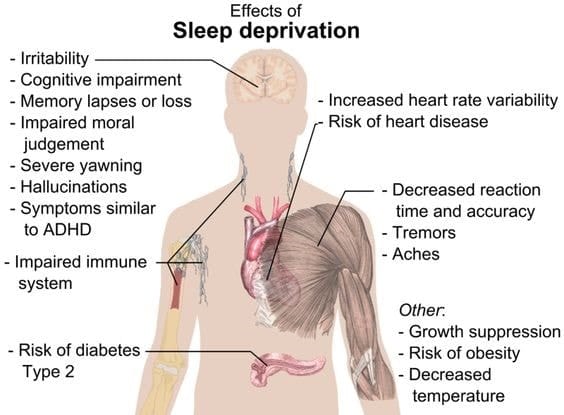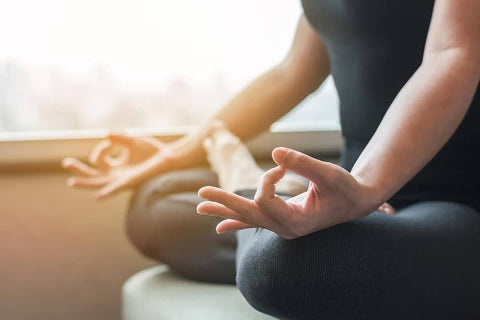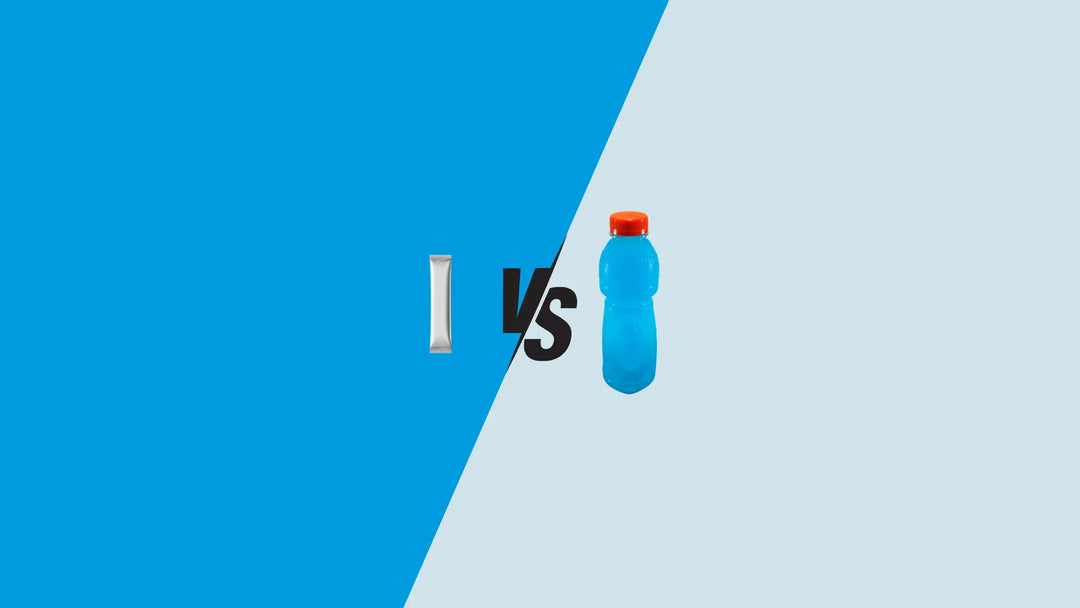Shift work sleep disorder often causes excessive fatigue, low energy, and lack of quality sleep in shift workers. This condition can lead to work absenteeism, reduced performance, and an increased likelihood of accidents on the job. Furthermore, insufficient sleep is linked to anxiety, stress, depression, conflicts at home and work, decreased job satisfaction, and a lower quality of life.
Changes in sleep habits can disrupt your body’s circadian rhythm, the natural 24 hr biological that is vital for good health. Hormonal changes caused by this disruption can increase the risk of obesity, type 2 diabetes, stomach problems, and heart diseases. Rested workers are more functional and productive as compared to sleep-deprived workers. A typical person requires at least 7 hours of good quality sleep every 24 hours, departure from this ratio tends to create a ‘sleep debt’ which leads to fatigue.
You can improve your sleep quality and reduce sleep latency if you are suffering from shift work sleep disorder through a variety of means. In this article, we look at 5 main points to address to promote better sleep.

#1: REDUCE EXPOSURE TO NOISE AND BRIGHT LIGHT
Loud, sudden, and repeated noises can disrupt sleep. It can be hard to control the environment working shift or if onsite in dongers. If unable to reduce the level of noise in your environment, consider using earplugs to limit your perceived noise. There are a few options in the earplug range. The typical foam earplugs that you find onsite is an easy first base to try, they are likely supplied free onsite and do a good job cutting down unwanted noise. The only downside is they are a bit bulky and disposable; they also tend to fall out in the middle of the night.
Moldable wax and silicon ear plugs are a good choice as they are cheap, don’t fall out as much and conform to your ear cavity better. An ENT doctor can give you specially made silicon plugs moulded to your ear to give a better fit and noise cancelling. Bose have released Noise-Masking sleepbuds which produce some white noise and cancel external noise, these have mixed reviews but may be worth a shot if you are very sensitive to external noise onsite.
Melatonin is your body’s natural hormone that regulates sleep and wakefulness. It is only produced after your body has been in darkness for 30 min to an hour, its production is suppressed by light. Bright light in a work area can reduce sleepiness and improve alertness and efficiency. However, your sleeping area needs to be dark, quiet, and cool to ease sleep. Use a sleep mask to block bright light if unable to control the lighting in your sleeping area. After a night shift while returning to your accommodation, wear sunglasses or stay indoors to avoid bright light to promote drowsiness. Avoid staring at your phone screen while in bed trying to sleep. The blue light from the screen will suppress melatonin. Consider using a blue light filter on your phone if you are using it prior to sleep.
It can be difficult to sleep a full 7 hours during the day on nightshift, try and supplement your sleep with short naps of 30 minutes to 2 hours. Try to recover sleep as soon as your night shift ends.
#2: AVOID ALCOHOL, LIMIT CAFFEINE AND MIDNIGHT SNACKS

Rotational shift workers sometimes use alcohol to help with shift work sleep disorder but alcohol is a sleep disrupter. Studies have shown that alcohol is a REM sleep blocker, meaning it disrupts the healthy deep part of your sleep. Alcohol can also aggravate breathing problems such as apnea which leads to decreased sleep quality. Additionally, alcohol is a diuretic which causes increased urination meaning it will lead to more awakenings to visit the toilet.
As a shift worker it is near impossible to not consume caffeine but avoiding caffeinated and sugary foods close to sleep time can improve sleep quality and decrease sleep latency (time taken to get to sleep). Avoid ‘midnight’ snacks or eating in the middle of sleeping as this leads to interruption of your REMS sleep cycle.
#3: TRY SUPPLEMENTS
Some plant-based sleep aids are passionflower, chamomile, L-theanine, kava and valerian.
- Passionflowerhas anti-anxiety effects and is used in herbal teas or capsules for sleep disturbance.
- Chamomile is another relaxing herb used to promote calm, it is quote popular in tea rooms these days but is mild in effects.
- L-theanine is a natural-occurring constituent of tea leaves used to promote relaxation. It is available as a powdered extract, it doesn’t promote sleep as such but helps to relax the mind and stop the racy effects of caffeine.
- Kava is a potent herbal extract used abundantly in pacific island nations. Used appropriately it can produce significant hypnotic (sleep inducing) effects. It may also enhance sleep quality.
- Valerian root is another plant base remedy that is quite common and has been shown to promote sleep quality and reduce sleep latency. It is available in supermarkets and pharmacy’s.
Most of these supplements act upon the GABA receptor in the brain which promotes calm and has anti anxiolytic functions. Valerian is unique in that while it is stimulates the GABA pathway it also acts the stimulate the adenosine pathway. Adenosine is vital to good quality sleep. Notably, caffeine’s primary method of action is to block this pathway. Therefore supplementing valerian prior to bedtime, can counteract the detrimental effects of caffeine on sleep. This is likely why most users report an increase in sleep quality with this herb.
Melatonin supplements are also incredibly useful when the bodies circadian rhythm is disrupted due to rotating shifts or if trying to sleep during the day. Melatonin can be very helpful especially for people over 50 as the body naturally produces less as we age. It is very potent and only small amounts are required (3-5 mg). In Australia it is only available over the counter with a prescription. However, as per all supplements in Australia, a personal supply of less than 3 months use, can be legally imported (bought online). It is optimally absorbed under the tongue as a liquid, try a sublingual spray for optimal effects.
#4: GET COMFY
Maintain an optimal sleeping environment. Ideal room temperature should be around 18-22°C. Studies have shown that temperatures over 25°C and below 13° can cause restlessness. Ideal bedding should provide comfort and support to your body. Arrange your pillows to keep your head in a comfortable neutral position. Wear comfortable clothing and avoid letting your extremities get cold, as this can detract from sleep quality.
#5: RELAX YOUR BODY AND MIND
The final step to better sleep is a relaxed mind. Listen to your favourite music before you sleep. Try to relax the mind, put thoughts of the previous or next day out of your mind. Mindfulness exercise prior to sleep have been shown to improve sleep. Mindful breathing exercise techniques vary but at the core involve focusing on the breath and losing focus of racing thoughts. A typical exercise is like this.
Just relax and focus on your breathing. As each thought pops into your head let it slide out and don’t think about it and just focus on the next breath, as you visualize relaxing your muscles one by one.

CONCLUSION
Rotational shifts can affect your body’s circadian rhythm, increase fatigue, reduce mental health and cause serious health problem long term. One of the primary driving factors in these effects is the lack of quality sleep that occurs due to diurnal sleeping and broken sleep patterns. Shift work sleep disorder is a significant concern, primarily because of inconsistent sleep patterns and poor sleep quality. You can improve sleep quality and reduce sleep latency through a variety of means. In this article we looked at 5 main points to address to promote sleep.
You can improve sleep by reducing exposure to noise and bright light, avoiding alcohol, caffeine and sugary foods close to bed time, buying comfortable bedding and maintain optimal room temperatures, take certain supplements (valerian, melatonin and kava are potent natural options), and relaxing the mind in bed using a mindful breathing technique.

















